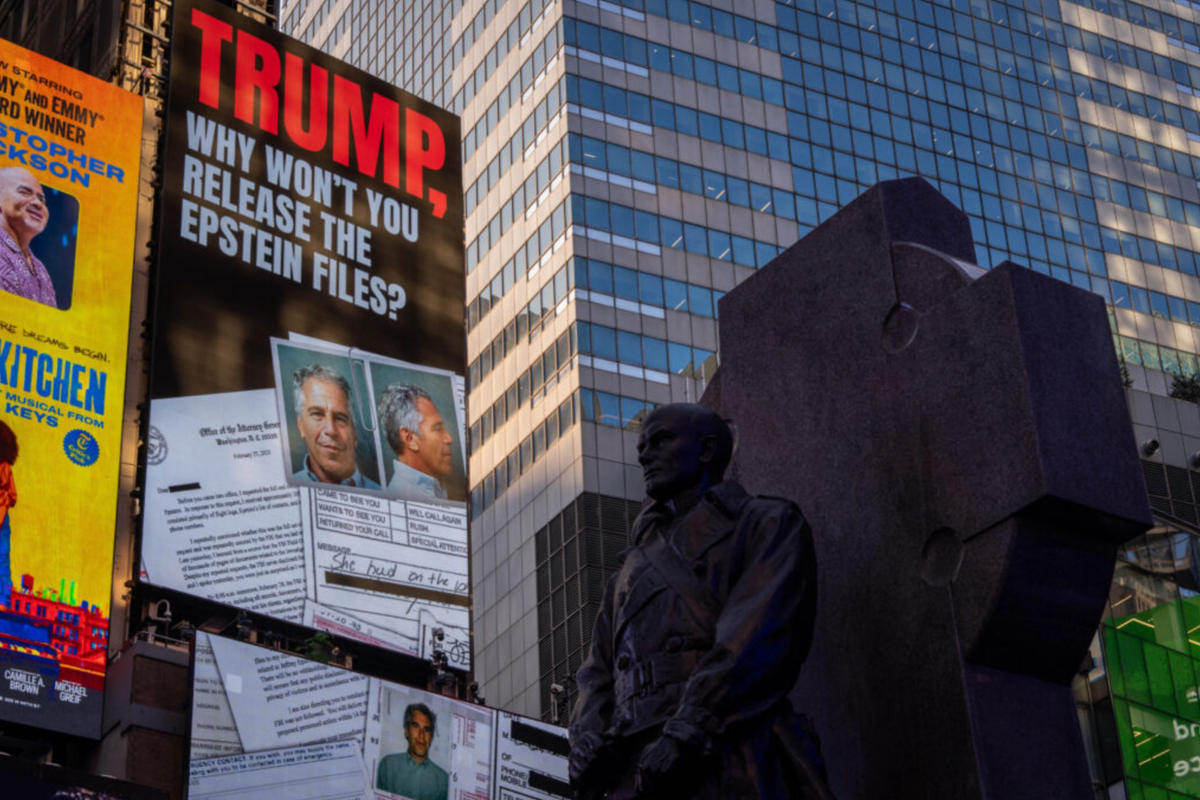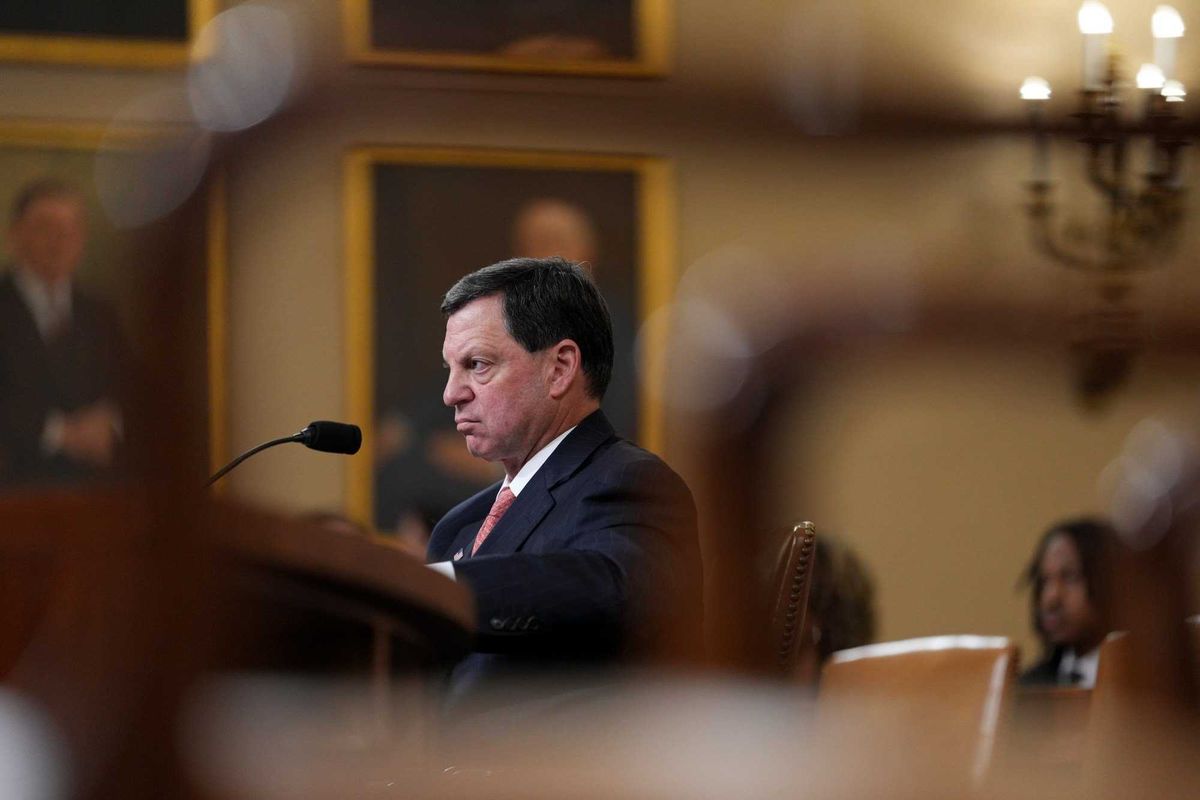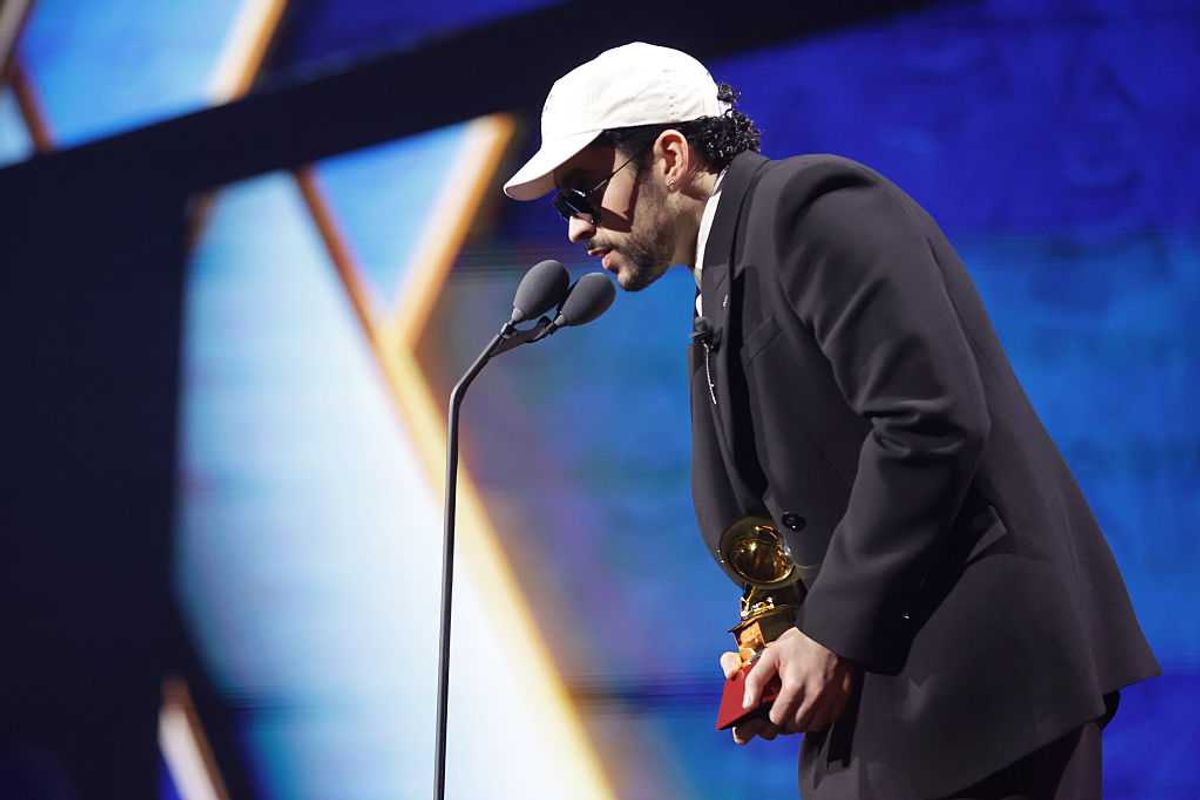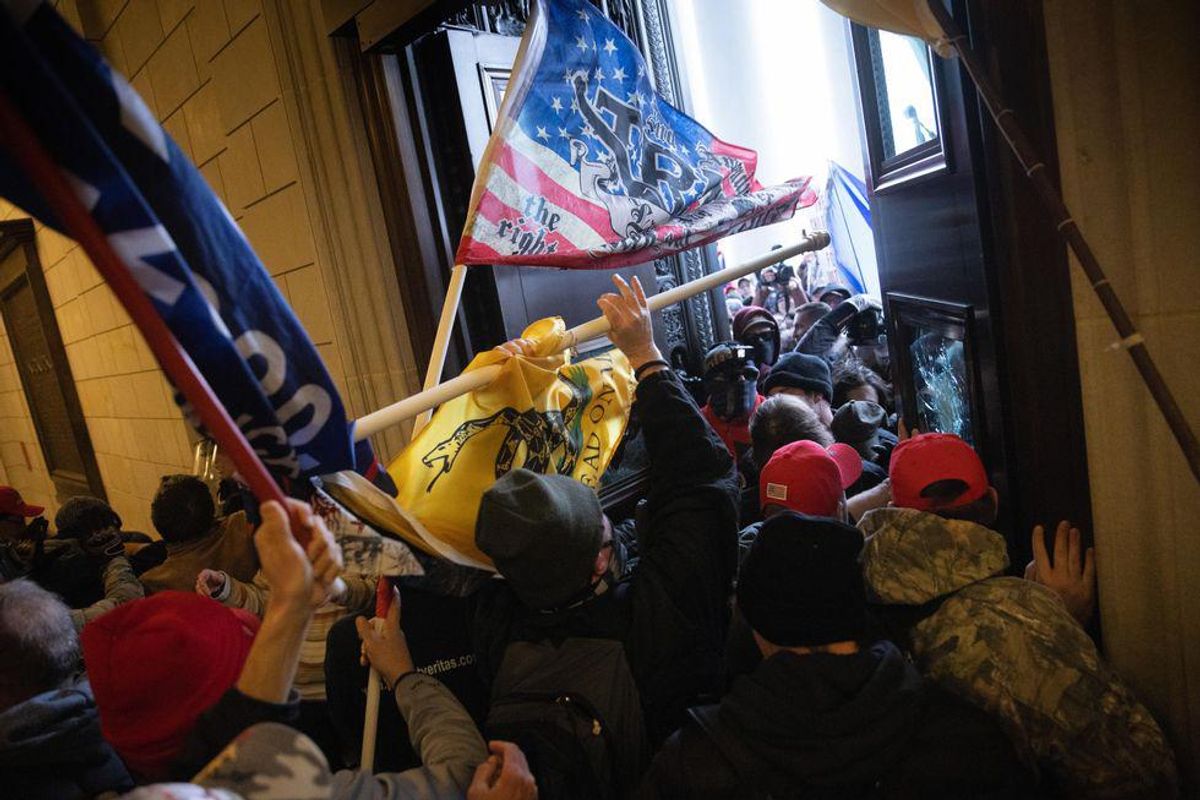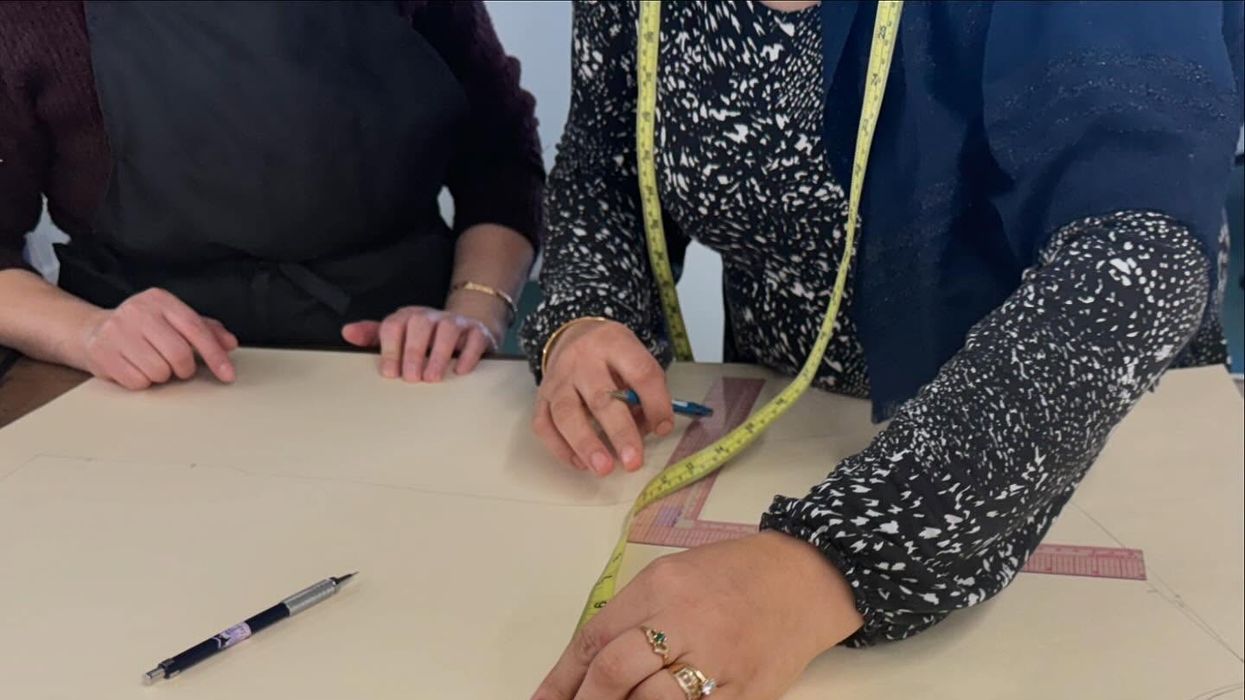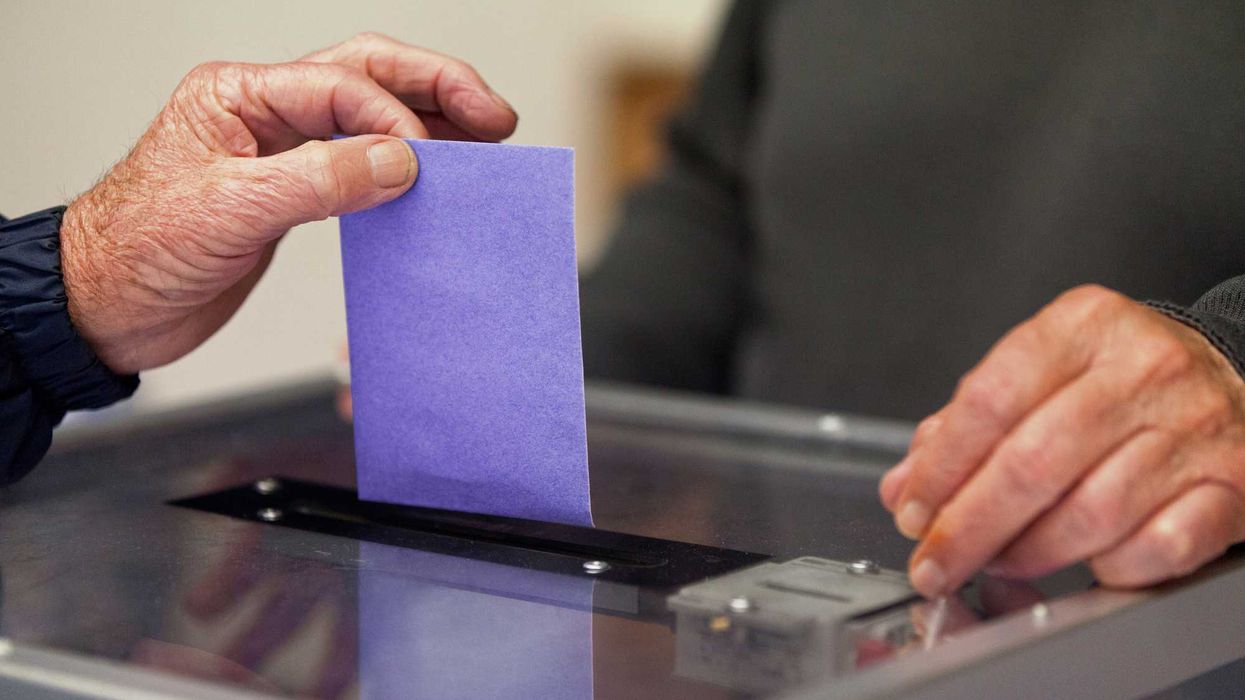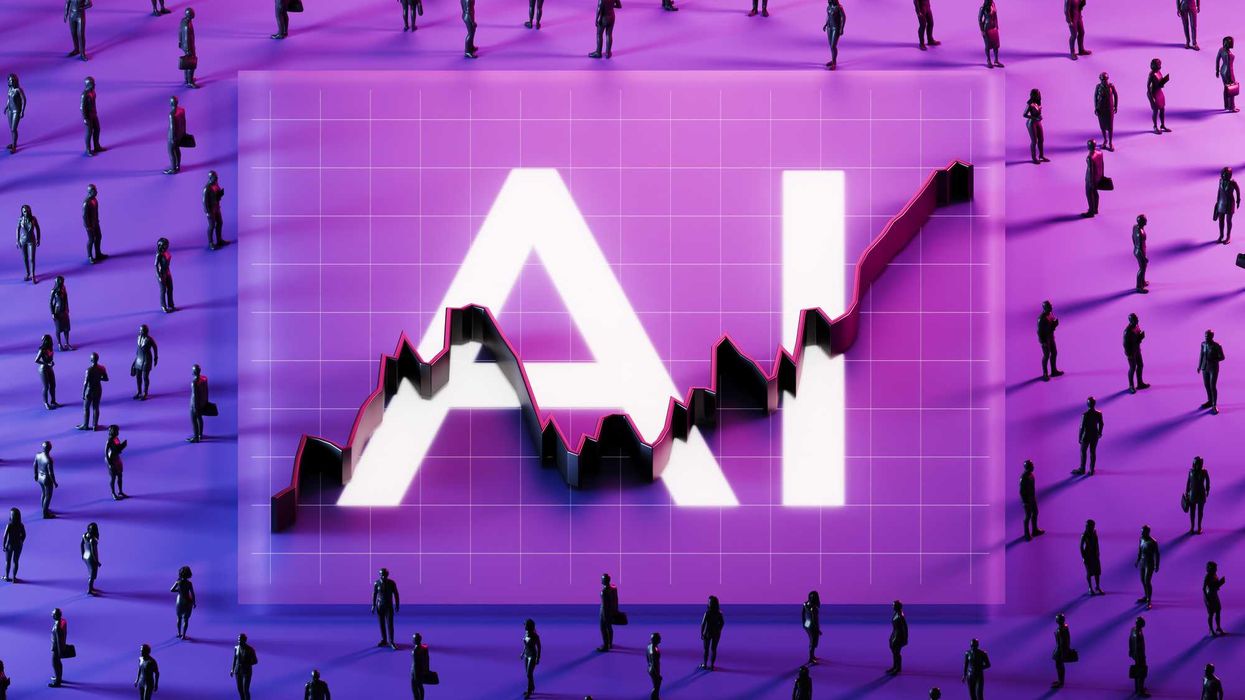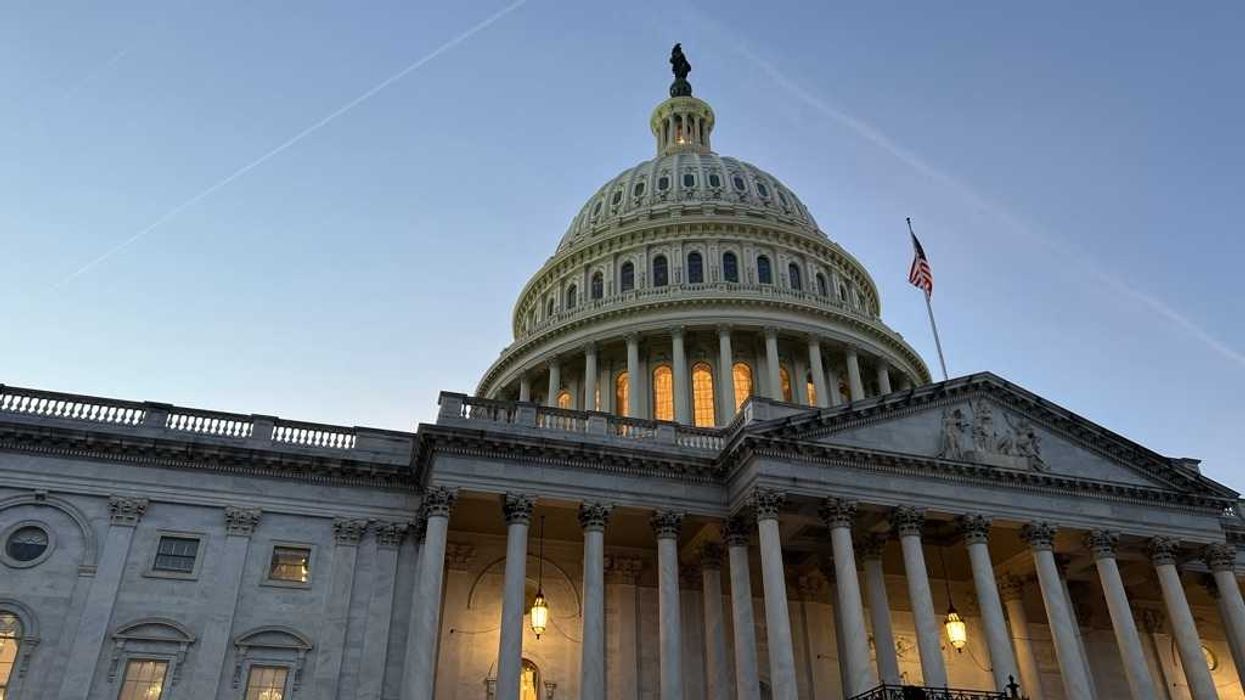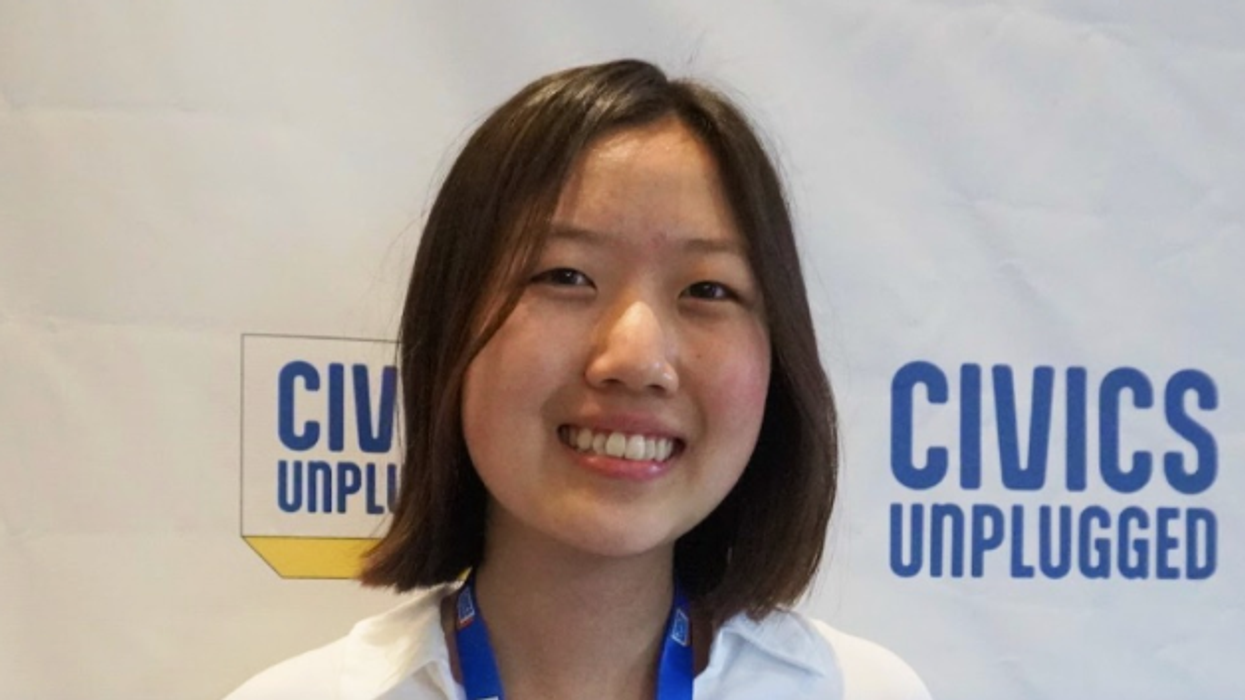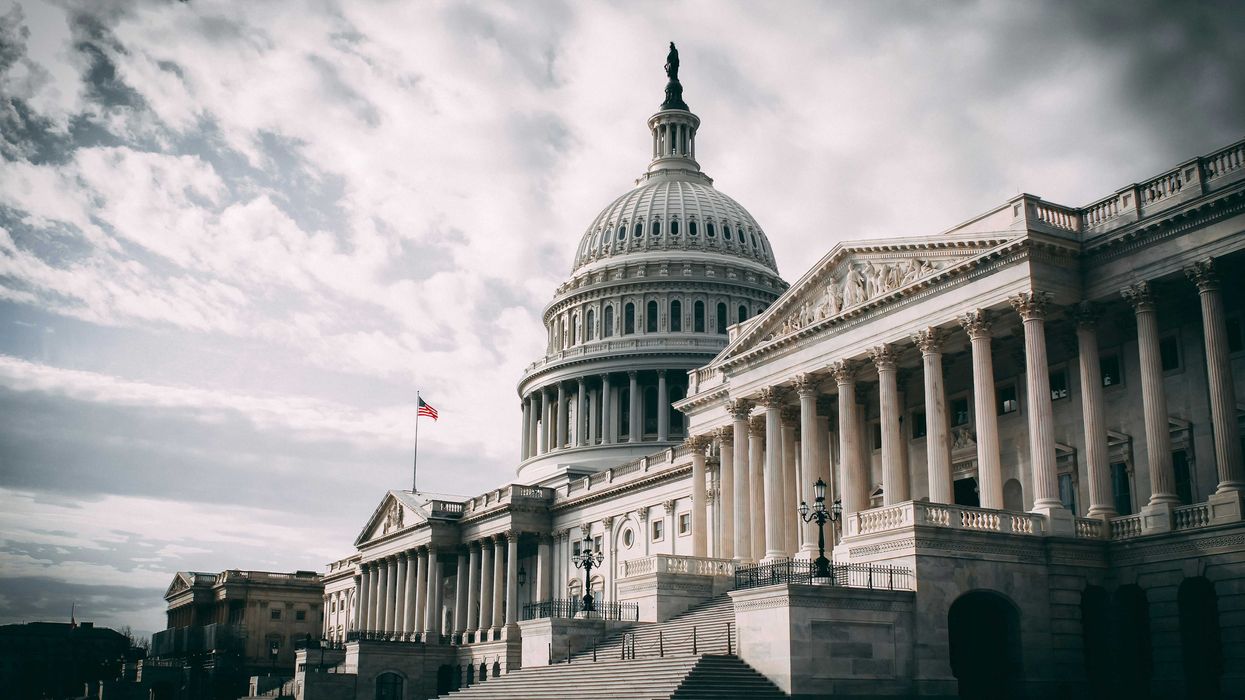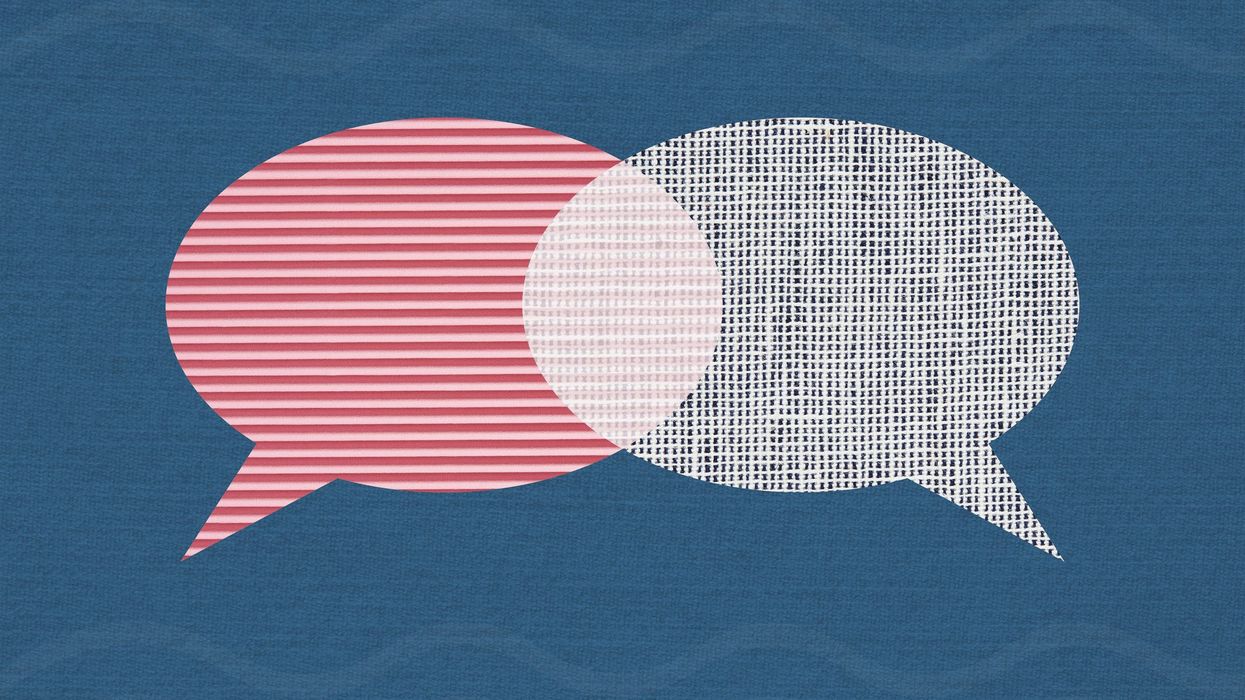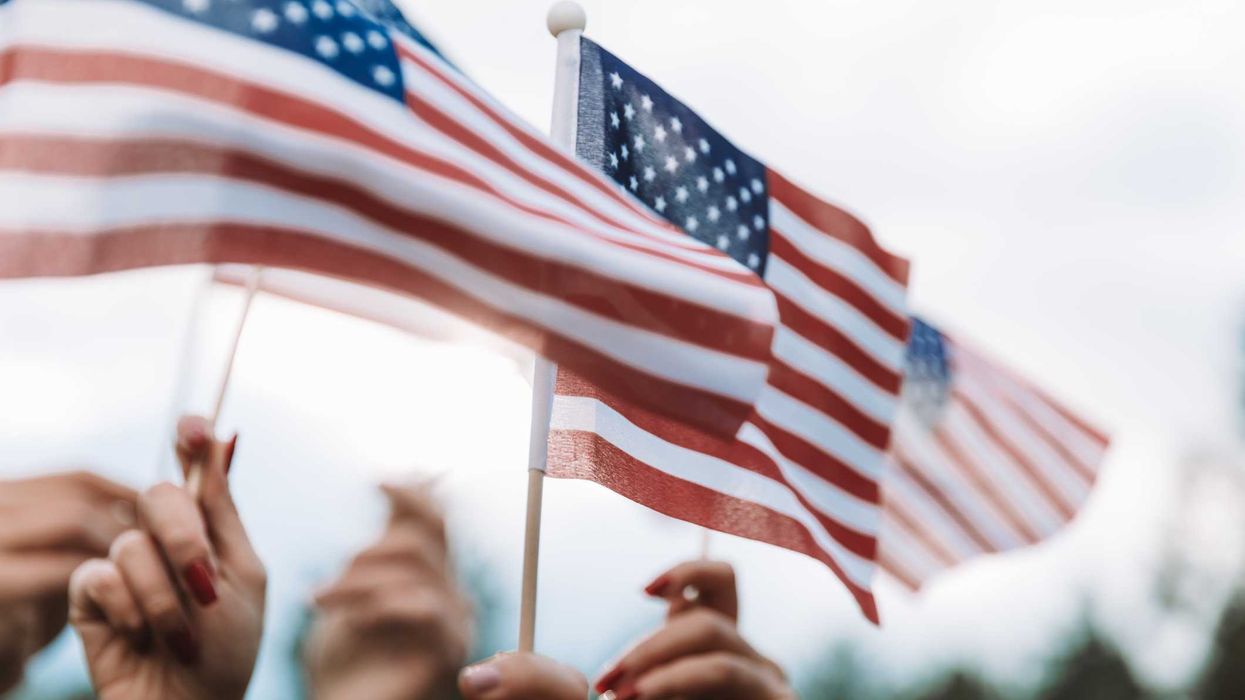Since Trump’s inauguration on Jan. 20, there has been an increase in anxiety around citizenship for immigrants and refugees in the United States.
By the end of his first day, Trump signed 10 executive orders relating to immigration. This included an order to halt refugee admissions, including tens of thousands of refugees who had already been cleared to come to the U.S. by the Biden administration. The order, “REALIGNING THE United States REFUGEE ADMISSIONS PROGRAM,” largely targets the U.S. Refugee Admissions Program.
“Over the last 4 years, the United States has been inundated with record levels of migration, including through the U.S. Refugee Admissions Program (USRAP),” Trump stated in his executive order. “The United States lacks the ability to absorb large numbers of migrants, and in particular, refugees, into its communities in a manner that does not compromise the availability of resources for Americans, that protects their safety and security, and that ensures the appropriate assimilation of refugees.”
Despite the uncertainty for immigrants and refugees — the Refugee Artisan Initiative (RAI) located in Seattle finds reasons to be still hopeful.
Founded in 2017, RAI teaches immigrant and refugee women sewing and jewelry-making skills to both build community in Seattle and offer skill development, empowering participants to feel confident and potentially develop their own businesses someday.
Refugee Artisan Initiative (RAI) tackles two major issues: a high unemployment rate (60%) among refugee women and 85% of textiles getting dumped into the landfill.
Ming-Ming Tung-Edelman, the founder and executive director, immigrated to the United States over 30 years ago and became a pharmacist; however, she knew that was not where her passion lay. Instead, Tung-Edelman knew she wanted to help other immigrant women achieve financial independence.
"Despite all the fears and trepidation, I realize that investing in a woman's future is the best way to combat fear and trepidation," Tung-Edelman said in an interview with King 5.
Growing up, Tung-Edelman watched her grandmother sew all the family’s clothes herself and developed a love for the talent and hard work that go into sewing.
“My grandma ‘Ama,’ the lady in her brown coat, was able to raise my mom and her two sons alone as a home-based seamstress,” Tung-Edelman said. “She made most of my clothes growing up, like the white dress I wore here for my fifth birthday while cutting the birthday cake she baked for me. Ama was able to use her sewing skills to become self-reliant.”
Tung-Edelman describes sewing as a “universal language” as it is an essential skill, especially for women, across many cultures. Many of RAI’s participants already walk into the RAI with some level of sewing skills, as it is a hobby they picked up or a skill they needed to survive, having sewn all their own clothes and those of their families.
“For women who walk into our door, they hear the sewing machines, they see it, smell the fabric, touch the fabric — it’s something familiar to them because oftentimes this is a skill they need to survive,” Tung-Edelman said.
The most recent cohort consisted of ten women from Afghanistan, Iraq, and Nepal. Their level one training was ten weeks and taught them the basics of sewing (for which they received certificates), and they were provided with their own sewing kits and machines by RAI. The level one training also includes ESL lessons. The next level will continue to develop their sewing skills, and they will start to learn how to get a business license.
Beyond creating a community and empowering women, RAI works to eliminate waste from landfills and utilize upcycled materials to help preserve the environment. In May 2024, Ming-Ming was awarded Recycler of the Year by the Washington State Recycling Association for her leadership and commitment to recycling and waste prevention.
RAI upcycles around 5,000 pounds of materials each year from landfills to create unique, handcrafted items. They give back to the Seattle community, having donated 5,000 hats, 80,000 masks, and 1,000 pet products throughout their existence.
Despite the uncertainty and high tension around immigrants and refugees in the U.S., RAI is a place of refuge for women. They can develop essential skills, but most importantly — they can find a place of belonging.
Anikka Stanley is the Managing Editor for Arts & Culture at The Daily (University of Washington’s student newspaper) where she oversees editors and writers to publish high‑quality reporting.
Anikka was one of the students in the “Media Responsibility in a Diverse Society” class, taught by Hugo Balta. Balta is the executive editor of the Fulcrum and publisher of the Latino News Network.
